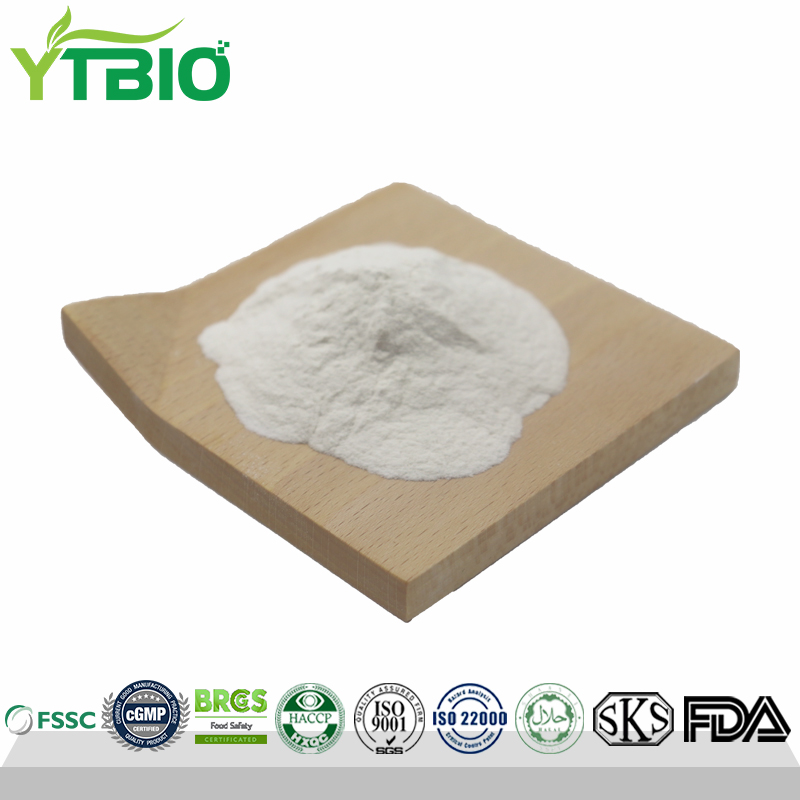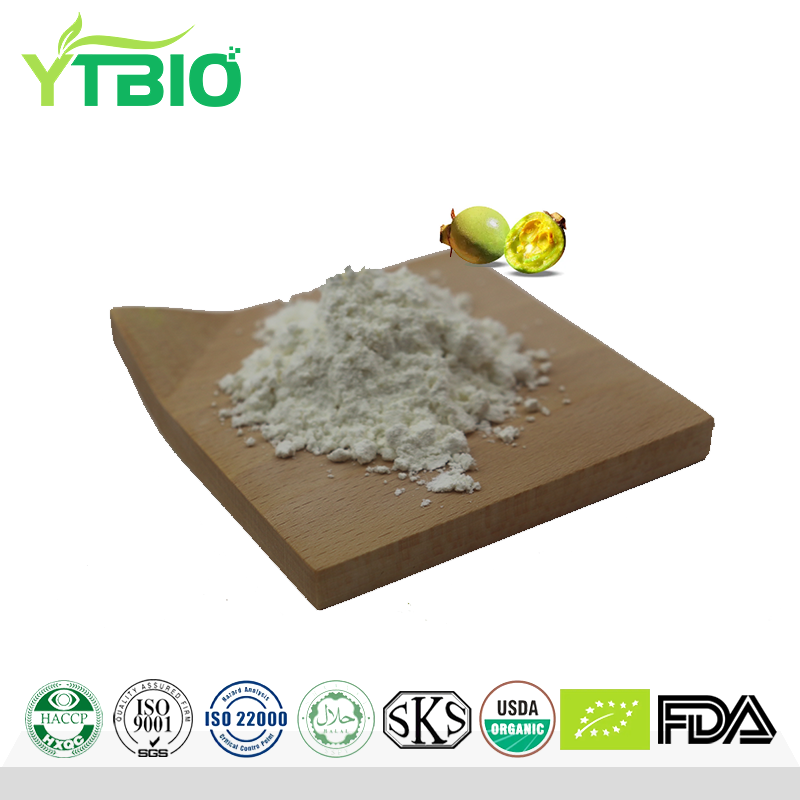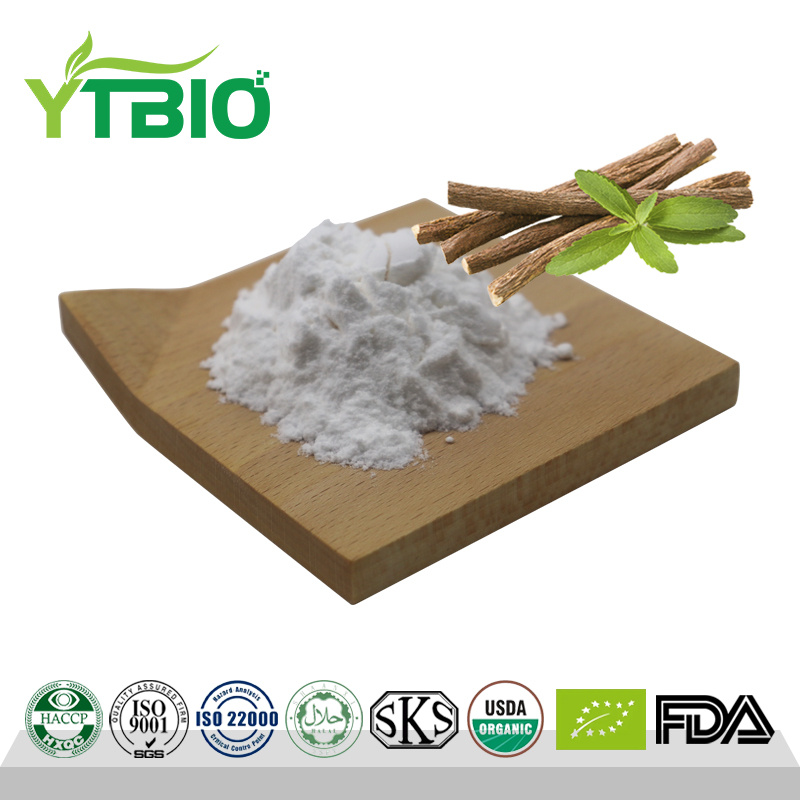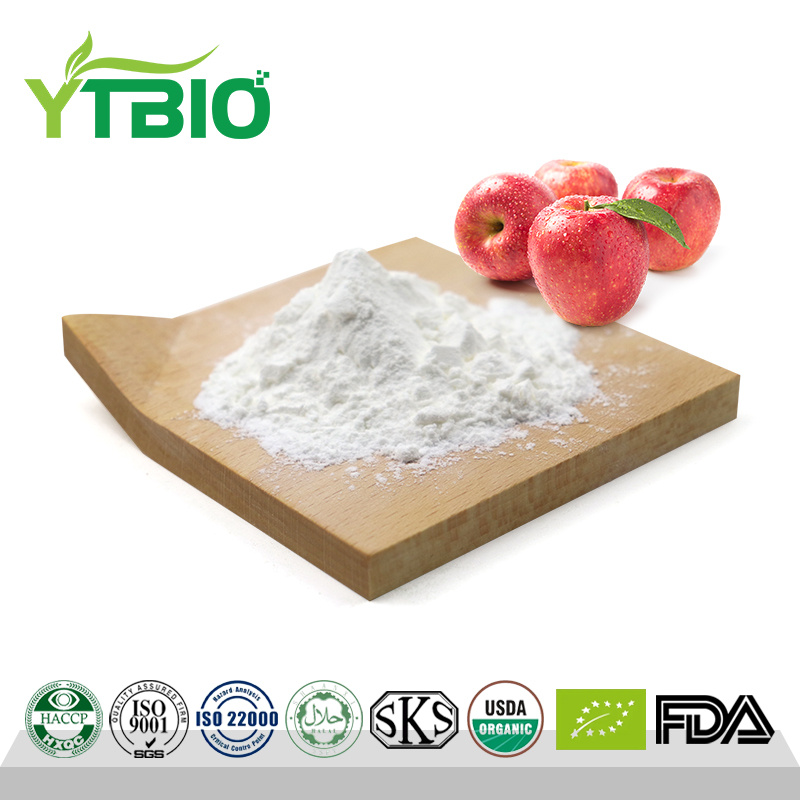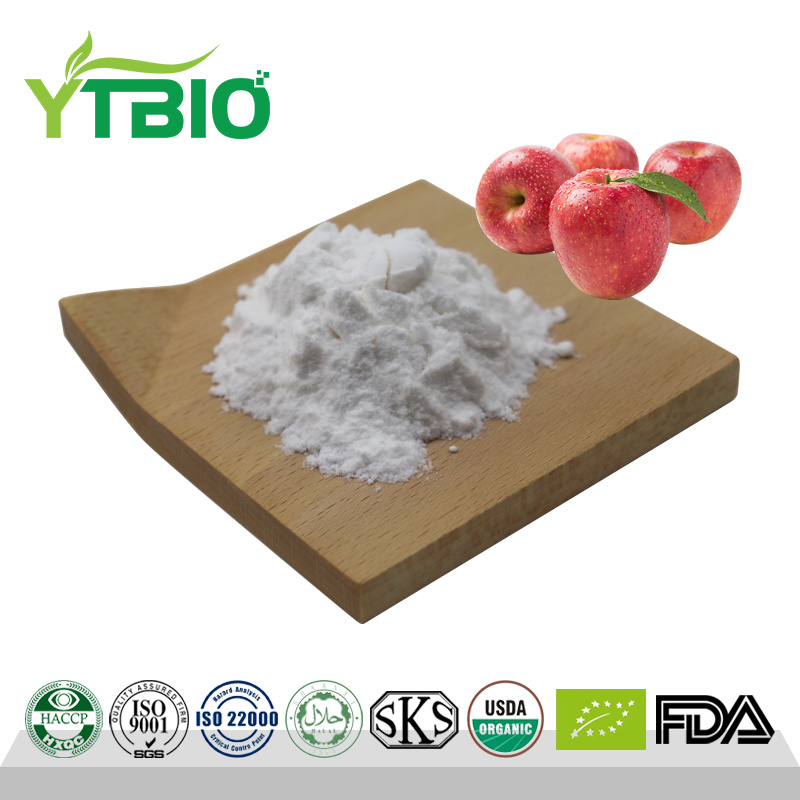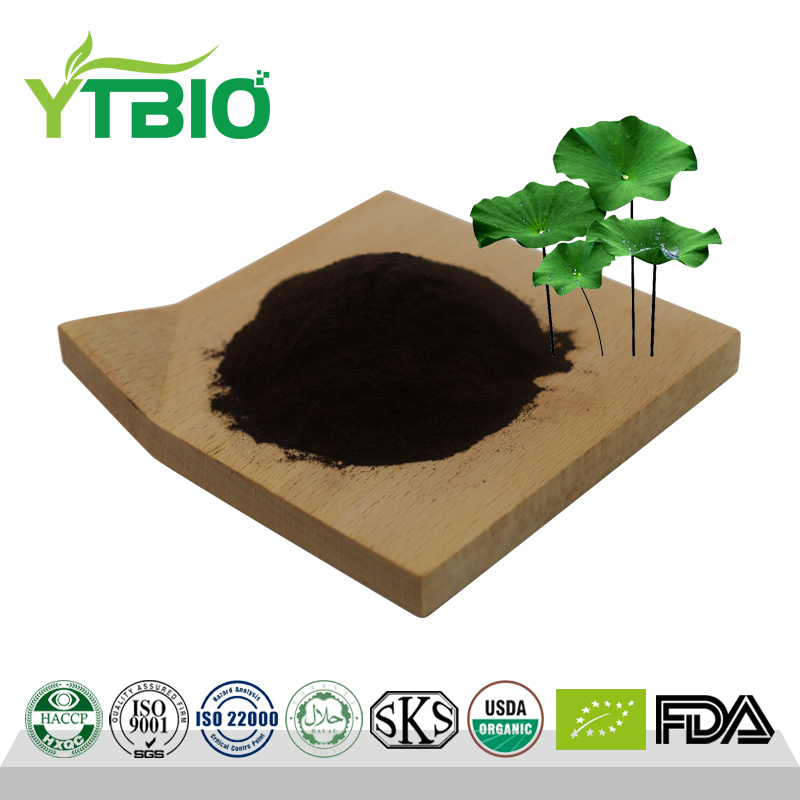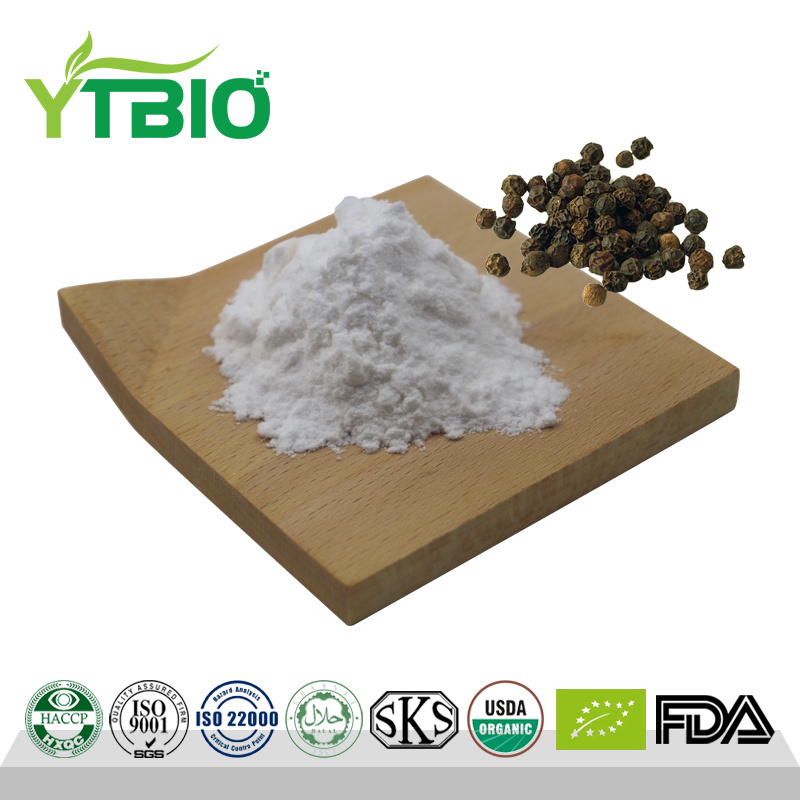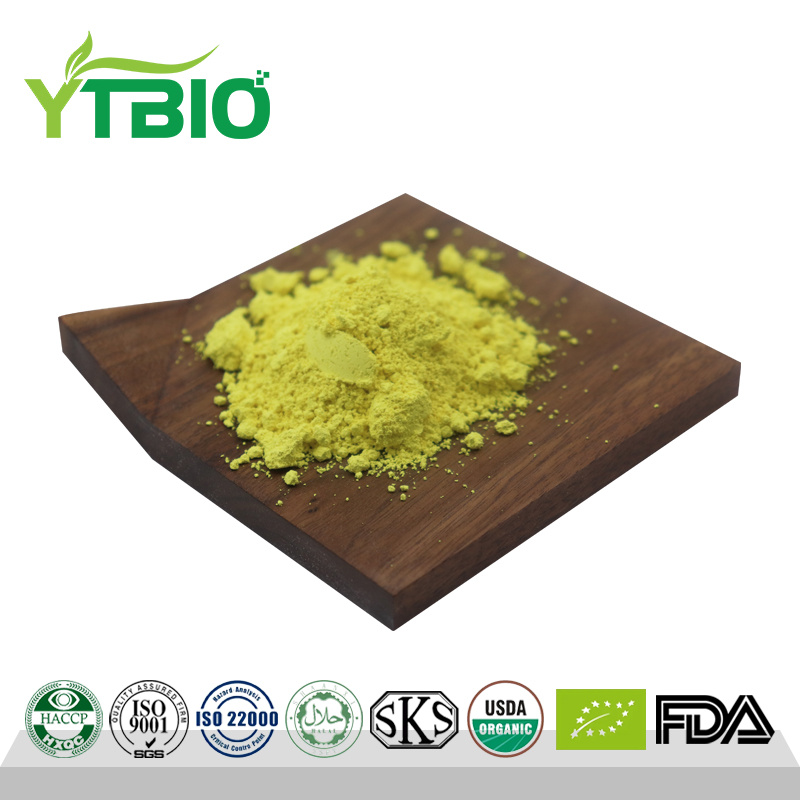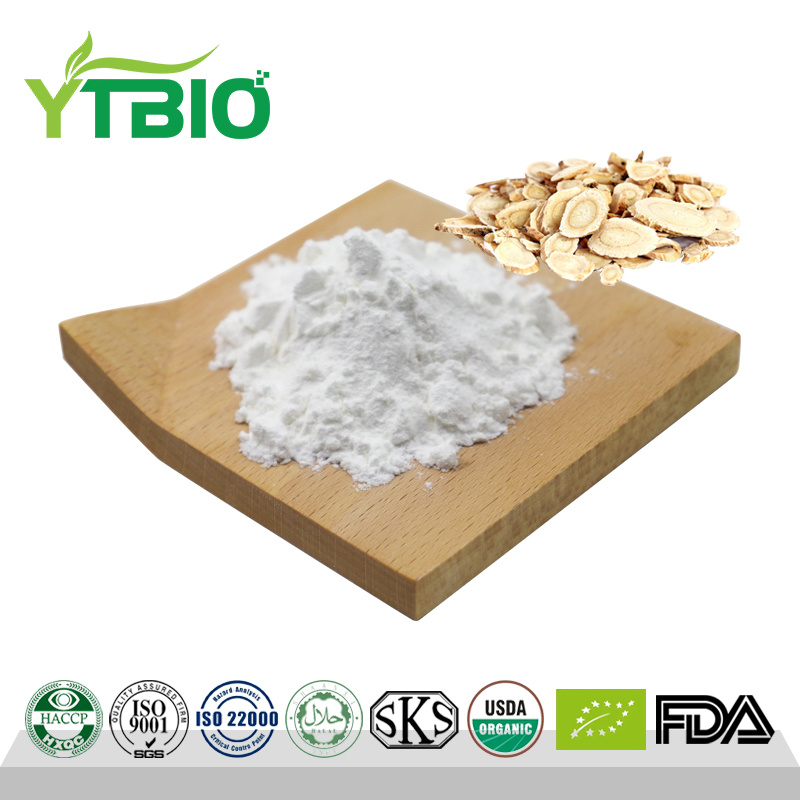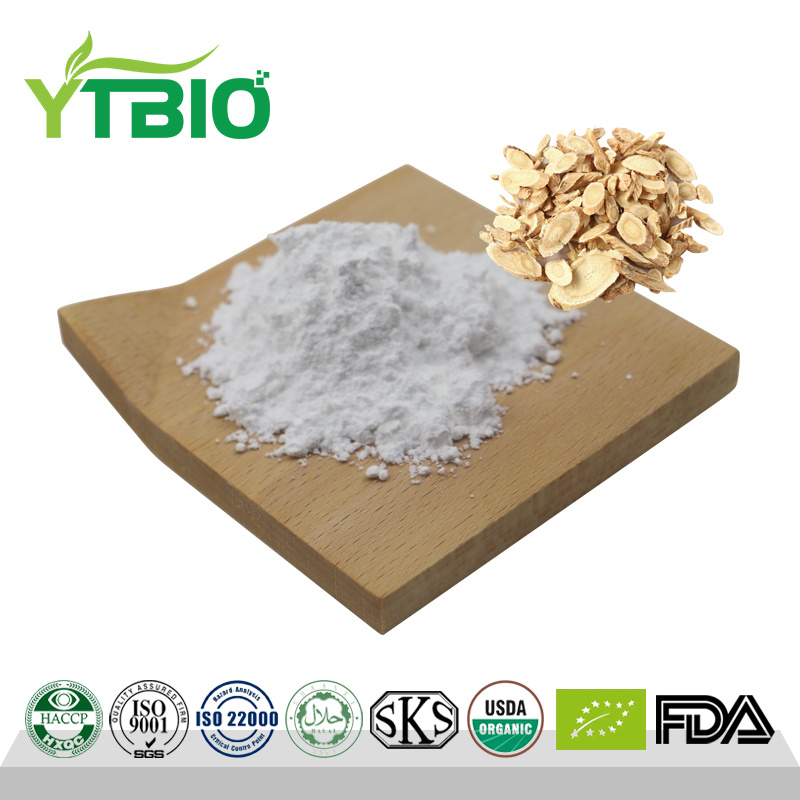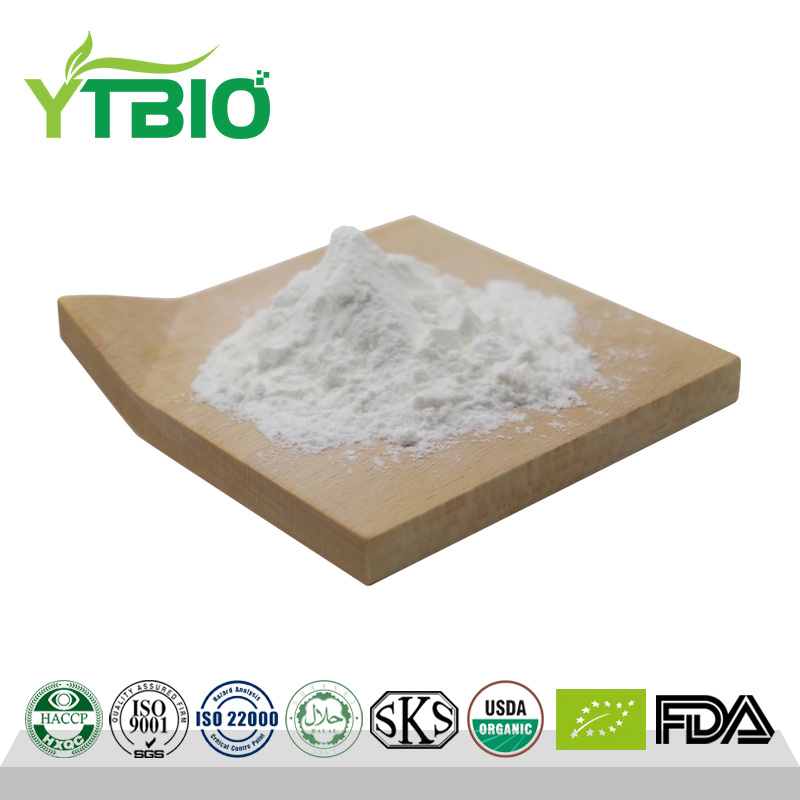98% Hydroxypropyl Beta Cyclodextrin Powder
What is Hydroxypropyl Beta Cyclodextrin?
Hydroxypropyl-β-cyclodextrin (HP-β-CD) is a derivative of β-cyclodextrin (β-CD), obtained from starch through enzymatic cyclization. It is produced by substituting β-cyclodextrin with hydroxypropyl ether under alkaline conditions, resulting in significantly enhanced water solubility (≥ 600 mg/mL).
Structure and Properties
HP-β-CD consists of seven α-pyranose glucose units, each of which can be substituted with 0 to 3 hydroxypropyl ether groups. Its unique cyclic structure features a hydrophilic outer surface and a hydrophobic inner cavity. The degree of substitution (DS) refers to the average number of hydroxypropyl groups per glucose unit, with a maximum molar substitution of 7. Each molecule may exhibit different substitution patterns.
Characteristics and Safety Profile of HP-β-CD
High Water Solubility
HP-β-CD has excellent water solubility, typically exceeding 50% at room temperature, preventing crystallization in aqueous-alcoholic solutions.
Selective Encapsulation
Compared to β-CD, HP-β-CD exhibits different selectivity for guest molecules, potentially altering the molecular ratio in inclusion complexes.
Non-Metabolized and Non-Accumulating
HP-β-CD is not significantly metabolized or accumulated in the human body. When taken orally, most of it is excreted in feces, while for parenteral administration, nearly all is eliminated via urine.
Facilitates Rapid Drug Release
Within the body, HP-β-CD helps promote the quick release of encapsulated substances.
Safer Alternative to Other Cyclodextrins
Compared to β-CD or other derivatives (e.g., methylated β-CD), HP-β-CD has lower surface activity and hemolytic activity, making it a safer option for pharmaceutical applications.
Pharmaceutical Benefits of Hydroxypropyl-β-Cyclodextrin (HP-β-CD)
Enhancing Drug Solubility and Bioavailability
HP-β-CD can encapsulate drug molecules, altering their crystalline structure to improve water solubility, accelerate gastrointestinal absorption, enhance efficacy, and reduce dosage. For example, the solubility of oxaprozin increases from 0.01 mg/mL to 2.599 mg/mL.
Improving Drug Stability
Through complexation, HP-β-CD helps protect drugs from degradation caused by light, oxidation, and heat, thereby extending their shelf life. For instance, the degradation half-life of estradiol extends from 1.2 years to 4 years.
Reducing Local Irritation and Side Effects
HP-β-CD encapsulation minimizes direct contact between the drug and biological tissues, reducing adverse reactions. For example, mitomycin HP-β-CD complexes lower the risk of injection-induced skin redness and ulcers.
Modulating Drug Release Rate
By adjusting the degree of substitution in HP-β-CD, different drug release profiles can be achieved, including immediate release, delayed release, extended release, and controlled release. For example, fentanyl HP-β-CD complexes enable sustained pain relief after injection.
Enhancing Corneal Permeability
HP-β-CD can improve drug penetration through the cornea. For example, it increases the corneal permeability of pilocarpine by nearly fourfold, enhancing the effectiveness of ophthalmic drugs.



